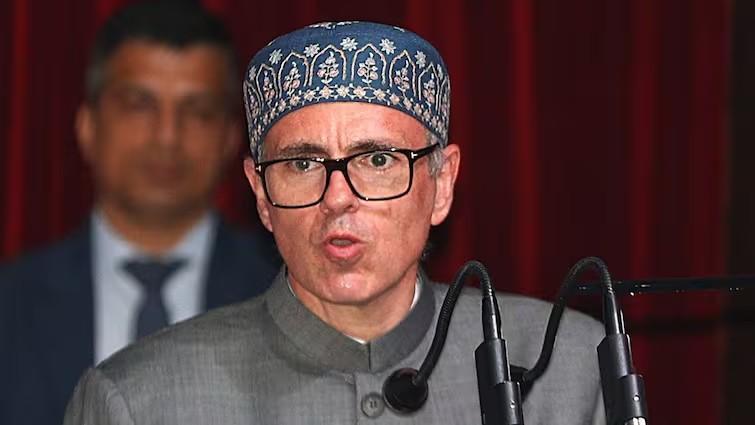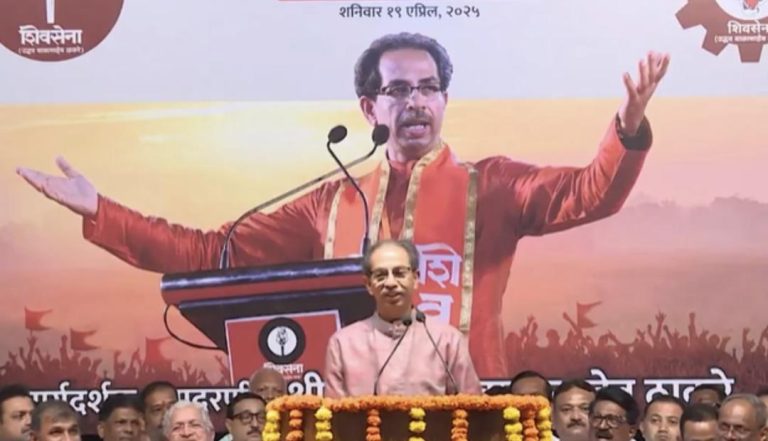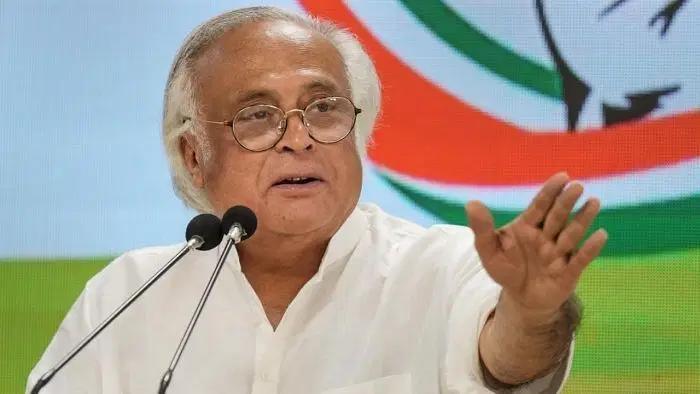
Normalcy in J&K post Art 370 abrogation is forced, not organic: CM
The abrogation of Article 370 in August 2019 marked a significant turning point in the history of Jammu and Kashmir. The move, which stripped the erstwhile state of its special status, was met with widespread protests and violence in the region. However, the Centre claimed that the situation had returned to normalcy, with people going about their daily lives as usual.
However, Jammu and Kashmir Chief Minister Omar Abdullah has rubbished these claims, stating that the normalcy in the region is “forced” and not organic. In an interview, he said, “If what is happening in J&K is organic, then nothing like it. If it is driven out of fear, then there’s a problem.”
Abdullah’s statement has raised important questions about the nature of normalcy in the region. Is it truly possible for people to return to their daily lives when they are living under a regime of fear and uncertainty?
The Centre’s claims of normalcy in J&K are based on the idea that the region has returned to a state of stability and calm. However, Abdullah’s statement suggests that this stability is not genuine, but rather a product of the fear and intimidation that pervades the region.
There are several reasons why Abdullah’s statement should be taken seriously. Firstly, the region has seen a significant increase in military presence and surveillance in the wake of the abrogation of Article 370. This has created a sense of fear and unease among the population, making it difficult for people to live their lives as usual.
Secondly, the Centre’s move to scrap Article 370 was accompanied by a significant crackdown on dissent and opposition. This has led to a culture of fear and self-censorship, where people are afraid to speak out against the government or express their opinions.
Thirdly, the region has seen a significant increase in human rights abuses and violations of civil liberties. This includes arbitrary arrests, detention without trial, and the use of force against peaceful protesters.
In this context, it is difficult to see how the Centre’s claims of normalcy in J&K can be taken seriously. The region is far from being a place where people can live their lives freely and without fear of persecution.
Abdullah’s statement is also significant because it highlights the need for a more nuanced understanding of normalcy in the region. Normalcy is not just about the absence of violence or conflict, but also about the presence of certain conditions and institutions that allow people to live their lives with dignity and respect.
In J&K, the absence of these conditions and institutions has created a sense of uncertainty and fear that is far from normal. The region needs a more nuanced understanding of normalcy that takes into account the complex and multifaceted nature of human experience.
In conclusion, Omar Abdullah’s statement that normalcy in J&K post Article 370 abrogation is forced, not organic, is a powerful indictment of the Centre’s claims of stability and calm in the region. The region is far from being a place where people can live their lives freely and without fear of persecution, and it is time for the Centre to acknowledge the reality of the situation and work towards creating a more just and equitable society.
Sources:






